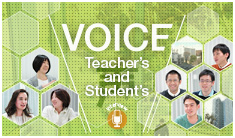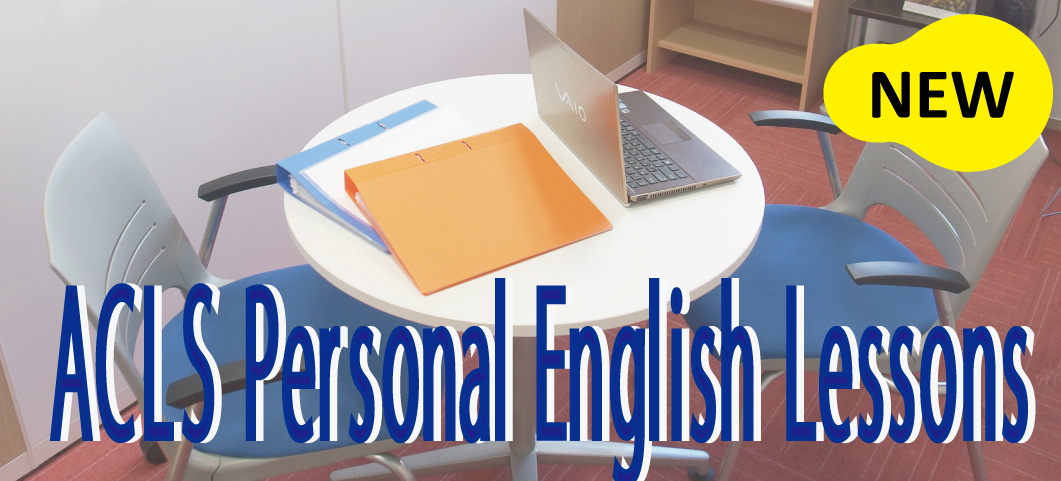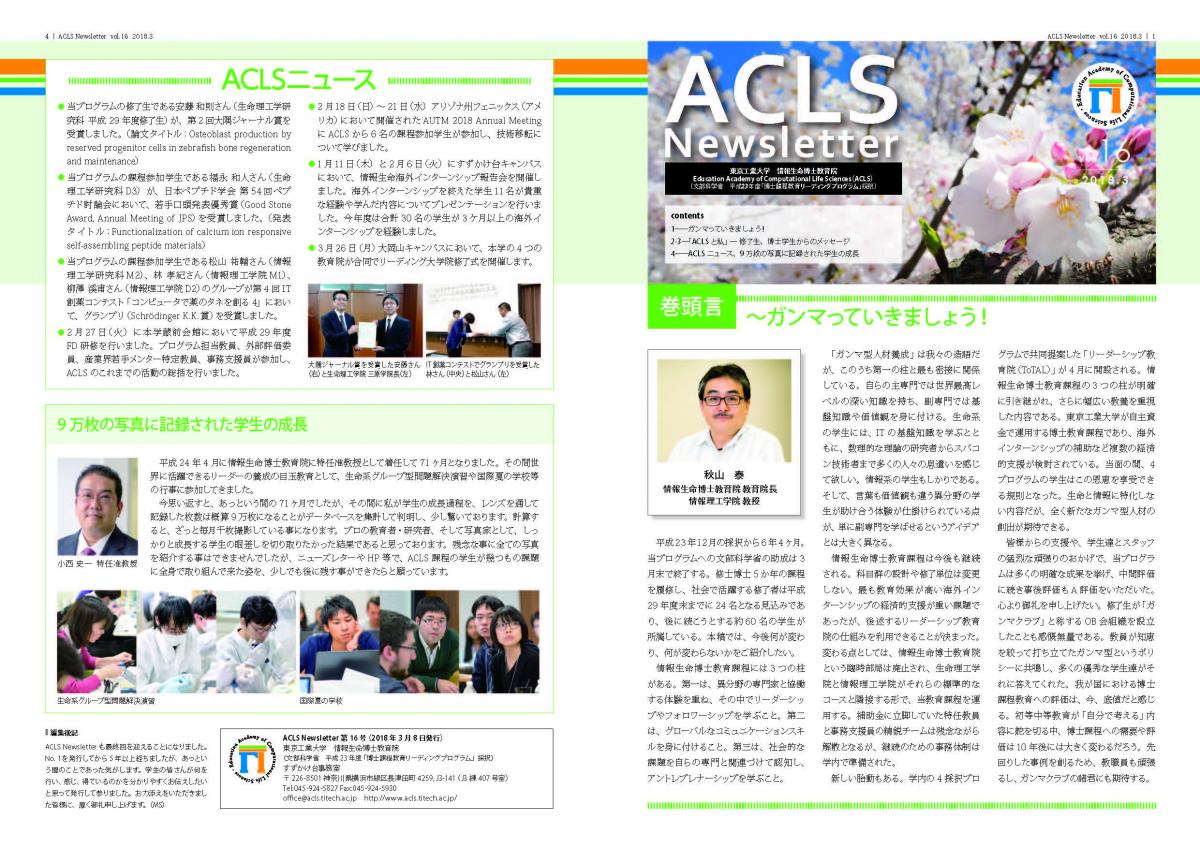- Home
- Teacher's and Student's voice
- Hidehiro Ito
Hidehiro Ito


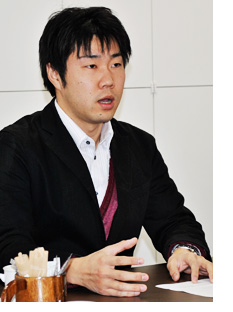 Ito: I specialize in the fields of synthetic organic compounds and bioinorganic chemistry. My research is mainly centered on synthesizing various chemical compounds, evaluate those compounds, and combine them with biomolecules to construct a new reaction series. In layman's terms I'm just a compulsive "experimenter" I suppose (laughs).
Ito: I specialize in the fields of synthetic organic compounds and bioinorganic chemistry. My research is mainly centered on synthesizing various chemical compounds, evaluate those compounds, and combine them with biomolecules to construct a new reaction series. In layman's terms I'm just a compulsive "experimenter" I suppose (laughs).
As an undergraduate and a graduate student up until my Master's degree, I was studying and conducting research in synthetic organic chemistry at Nagoya University. Amid the research I conducted in line with my own theme, I became interested in the field of biotechnology, and started thinking "I want to do more to study other fields properly”. So I entered the Tokyo Institute of Technology Doctoral Program, and started conducting research in the life science field as well.
In the final year of my Doctoral studies, the ACLS Project started. I thought it was a fantastic program where students could gain knowledge and practical/experimental experience by studying the two fields of life science and information science together. After that, while I was waiting for the completion of the Doctoral Program, I learned about the public advertisement for ACLS assistant professors, and I thought that might be able to use my own personal experience to provide students with valuable advice, and so I applied. Also, as an instructor, I would not only be teaching students, I would also be further deepening my own understanding.

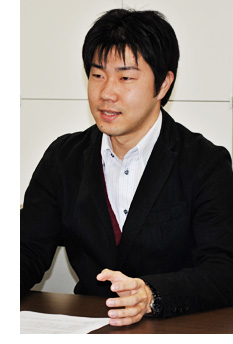 Ito: For certain, studying a new field is difficult. In life science and information science the subjects you deal with and the technologies you use are completely different. For example, even in the same kind of experiment, the way of handling organic compounds and biological organisms are completely different. With biological organisms, slight changes in the environment produce large changes in the results. In both life science and information science alike, it is difficult to be involved without learning a prescribed set of knowledge at the outset, is something I feel keenly from my own experience.
Ito: For certain, studying a new field is difficult. In life science and information science the subjects you deal with and the technologies you use are completely different. For example, even in the same kind of experiment, the way of handling organic compounds and biological organisms are completely different. With biological organisms, slight changes in the environment produce large changes in the results. In both life science and information science alike, it is difficult to be involved without learning a prescribed set of knowledge at the outset, is something I feel keenly from my own experience.
However, even knowing that difficulty, I think the merit of studying both together is large. In the current society themes that combine multiple fields frequently emerge as topics. By using the methods of information science to analyze data that was obtained through experiments using the methods of life science, you become able to put the data to use in various fields of practical application. You find yourself in a situation where the possession of knowledge and skills in both fields becomes indispensable in order to make progress in research and study in those fields.
Gaining basic knowledge in other fields while you are a student increases the breadth of your research. And further, I think it is useful for the solutions to problems that society requires. ACLS is a 5 year period in which you get to observe a lot of different people, and come into contact with a lot of different people. Broadening your own educational background is going to be to your advantage down the track. I want people to think that way when they join. In terms of age, I'm close to the students, so I hope we can all do our best together.

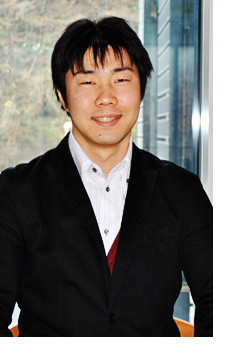 Ito: The main thing is managing various projects inside ACLS. For example, I have been involved with the "International Summer School" and the "Creative Collaboration Works Ⅱ". Speaking in terms of the educational side, I provide advice to students who are worried about commencing study in a new field. At ACLS there is a "Curriculum Mentor System", where Specially Appointed Education Staff and coordinators are responsible for mentoring a number of individual students. I have about six students that I am mentoring. While looking at the extent of their participation in the program, I use my own experience to provide them with various advices.
Ito: The main thing is managing various projects inside ACLS. For example, I have been involved with the "International Summer School" and the "Creative Collaboration Works Ⅱ". Speaking in terms of the educational side, I provide advice to students who are worried about commencing study in a new field. At ACLS there is a "Curriculum Mentor System", where Specially Appointed Education Staff and coordinators are responsible for mentoring a number of individual students. I have about six students that I am mentoring. While looking at the extent of their participation in the program, I use my own experience to provide them with various advices.
Aside from that, there is the management of various events. The International Business Plan Competition, Mochi Pounding Festival with the aim of promoting interaction with overseas students… From the small scale to the large scale, ACLS has a variety of events to encourage interaction between its students. I am also involved in the management of those events.
The time to increase my own specialist knowledge, and the time spent as an instructor preparing to respond to students. Sometimes it is really difficult trying to allot adequate time to both. However, I have the feeling that by being deeply involved in the ACLS Program, I am deepening my own specialization as well. This is educational, not from the things I have done up until now, but drawing on new fields, knowledge and experiences to "Show my colors". My involvement with the program as a Specially Appointed Education Staff member is I think, creating a place where I myself can grow as well. I am constantly aware of deepening my knowledge together with the students and expanding the breadth of my own specialist knowledge.

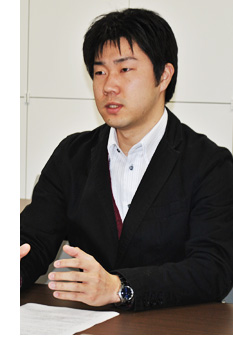 Ito: This project started with the aim of ensuring that the instructors, the same as the students, properly have two specializations, in life science and information science. So instructors from different fields cooperate to explore new research themes. In the 2013 Academic Year, 8 proposals were selected, and of those proposals select was the one that I was representative of. My specialization is in life science, so I am pursuing the project together with instructors from the information science side, as well as students. The theme is research on proteins. It is mainly researching the functions of those proteins whose shapes we don't know. We use the methods of information science to predict the structure, and then confirm it through experiments.
Ito: This project started with the aim of ensuring that the instructors, the same as the students, properly have two specializations, in life science and information science. So instructors from different fields cooperate to explore new research themes. In the 2013 Academic Year, 8 proposals were selected, and of those proposals select was the one that I was representative of. My specialization is in life science, so I am pursuing the project together with instructors from the information science side, as well as students. The theme is research on proteins. It is mainly researching the functions of those proteins whose shapes we don't know. We use the methods of information science to predict the structure, and then confirm it through experiments.
The method used for predicting structures is something that I knew in the sense of having knowledge about it. I am now building up the experience of doing it in practice, carrying it out with my own hands. It's content in which the instructors, the same as the students, are acquiring knowledge in both life science and information science through firsthand experience.
ACLS students also participate in this project on a voluntary basis. At the same time as receiving fundamental instruction, they assist with experiments and so on. Sometimes the instructors are asking the students as they go along, "We'd like to do this, but how do you think we should go about it?" The students participate in putting together the same research themes and in researching both fields at once. I have also gained knowledge from information science students by asking them things as we carried out experimental work. The project in which students and teachers work together as they aim to become gamma-type specialists, is I think the very essence of what ACLS is all about.

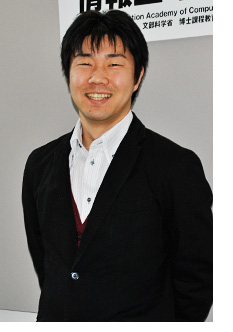 Ito: I am responsible for the practical exercise identifying proteins using high throughput quantitative analysis in "Creative Collaboration Works Ⅱ". We carry out quantitative analysis of proteins in an experiment that uses a high speed high sensitivity “MALDI-TOF Mass Spectrometry". Then we search a database of the data we obtained using the quantitative analysis, and identify the target proteins, and so on. This theme is one of the big topics in current scientific research. Conceivable applications would include, for example in the field of medical science, finding the difference between the protein structures in a patient and a healthy individual, then using this knowledge as diagnosis markers (protein targets).
Ito: I am responsible for the practical exercise identifying proteins using high throughput quantitative analysis in "Creative Collaboration Works Ⅱ". We carry out quantitative analysis of proteins in an experiment that uses a high speed high sensitivity “MALDI-TOF Mass Spectrometry". Then we search a database of the data we obtained using the quantitative analysis, and identify the target proteins, and so on. This theme is one of the big topics in current scientific research. Conceivable applications would include, for example in the field of medical science, finding the difference between the protein structures in a patient and a healthy individual, then using this knowledge as diagnosis markers (protein targets).
In running the exercises, we want to make it so the students can discover other fields' ways of thinking together. We want to make life science students think "How can I use the data I have obtained through experiments?", and information science students think "How is the data that I handle obtained?" On top of that, by having students work together, they experience for themselves "what can be gained from putting methods from multiple fields together".
(Note)The contents of this article are accurate as of the time the interview was conducted in February 2014.






